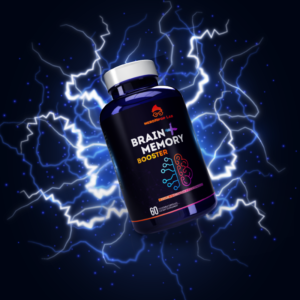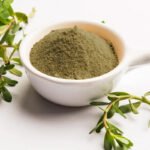
info@nerdnpoplab.com
- (111) 111-1111

Vitamin B12: The Ultimate Energy and Brain Power Booster You Need Now!
When it comes to essential nutrients, few are as vital as Vitamin B12. Often referred to as the “energy vitamin,” B12 plays a crucial role in keeping your body and mind sharp, yet many people don’t get enough of it. Whether you’re struggling with fatigue, brain fog, or mood swings, boosting your B12 levels could be the key to feeling your best. Let’s dive into why Vitamin B12 is so important and how you can ensure you’re getting enough of it.
Vitamin B12, also known as cobalamin, is a water-soluble vitamin essential for red blood cell formation, neurological function, and DNA synthesis. It is primarily found in animal-based foods, making supplementation crucial for vegetarians, vegans, and those with absorption issues.
If you often feel sluggish or exhausted, low B12 levels could be to blame. This vitamin helps convert food into usable energy, keeping you active and alert throughout the day.
B12 plays a significant role in cognitive function and memory. Studies suggest that adequate levels may help prevent brain shrinkage and reduce the risk of neurodegenerative diseases like Alzheimer’s.
A deficiency in Vitamin B12 can lead to anemia, causing symptoms like weakness, dizziness, and pale skin. Ensuring optimal levels helps maintain healthy blood circulation and oxygen delivery.
B12 is essential for neurotransmitter production, impacting mood regulation. Low levels are often linked to depression and anxiety, making it a crucial nutrient for mental well-being.
For those who struggle to get enough B12 through diet alone, fortified cereals, plant-based milk, and supplements can help maintain adequate levels.
Vitamin B12 is an essential nutrient that keeps your brain, energy levels, and overall health in check. Whether through diet or supplements, ensuring adequate intake can significantly enhance your well-being. Don’t wait—start prioritizing your B12 intake today and feel the difference!




Nerdnpop Lab
867 Boylston Street
5th Floor #1528
Boston, MA 02116
United States


Copyright 2020. NerdnPop Lab. All rights reserved.